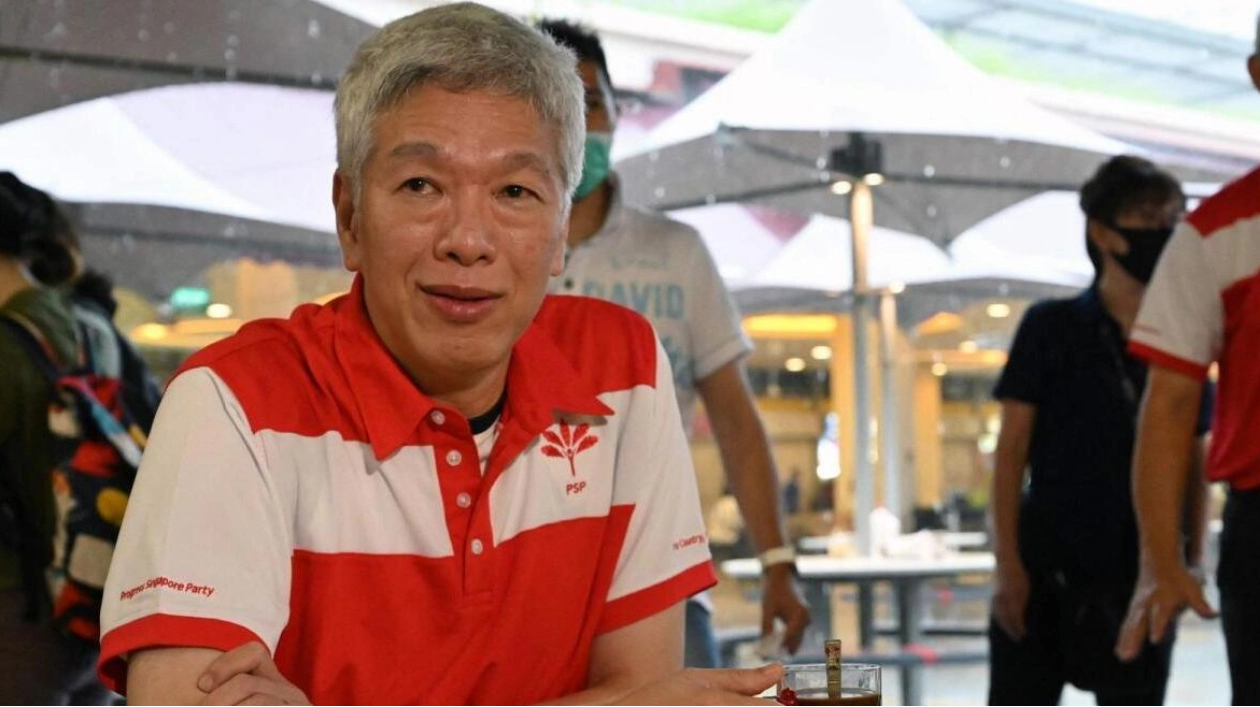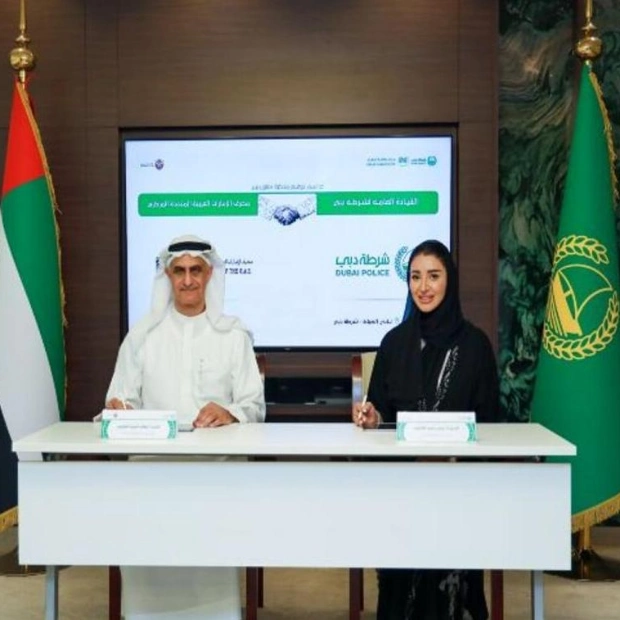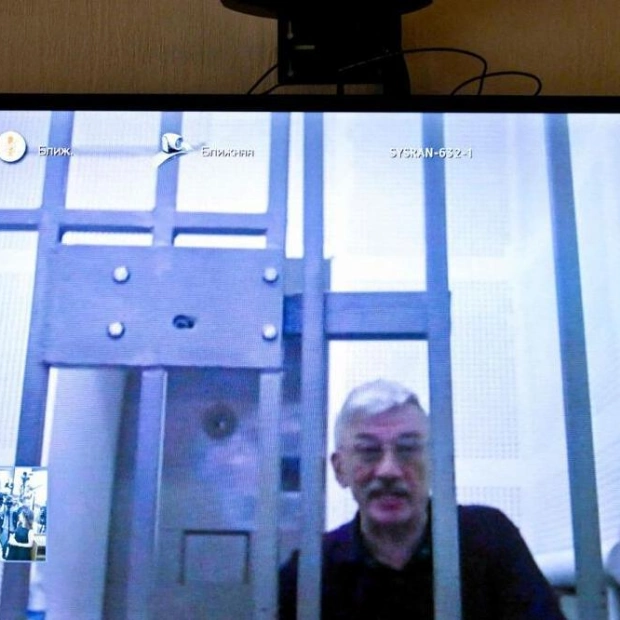Lee Hsien Yang, the brother of Singapore's then prime minister Lee Hsien Loong and son of the city state's founding father Lee Kuan Yew, has revealed that he was granted asylum in Britain due to alleged persecution at home. In a Facebook post on Tuesday, Lee Hsien Yang, 67, stated that he sought asylum in 2022 as a last resort amid government attacks against him. He described himself as a political refugee from Singapore under the 1951 UN Refugee Convention, citing a well-founded risk of persecution that prevents him from safely returning to Singapore.
The Lee family, often seen as Singapore's closest equivalent to royalty, has been embroiled in a bitter feud over a property dispute. Lee Hsien Yang and his sister, Lee Wei Ling, wished to demolish the bungalow that hosted the formation of the People's Action Party (PAP), which has governed Singapore since 1959. Their older brother, former premier Lee Hsien Loong, opposed the demolition, leading to accusations that he sought to exploit their father's legacy for political gain.
After Lee Wei Ling's death on October 9, Lee Hsien Yang expressed concerns about returning to Singapore for her funeral, fearing that his brother might use state organs against him. He detailed the Singapore government's public attacks, including the prosecution of his son, disciplinary proceedings against his wife, and a prolonged, bogus police investigation. Despite these challenges, Lee Hsien Yang remains a Singapore citizen, hoping that one day it will be safe to return home.
The Singapore government has refuted Lee Hsien Yang's claims of persecution, stating that he and his wife are free to return at any time. A UK Home Office spokesperson declined to comment on the asylum claim, citing longstanding government policy.
The Lee family feud became public in 2017, two years after the death of their father, who is credited with transforming Singapore into a wealthy financial hub. The property in dispute was the home of founding premier Lee from the mid-1940s until his death. Lee Hsien Loong, who served as prime minister for two decades before stepping down in May, remains the secretary-general of the governing PAP and holds a senior ministerial position in his successor's cabinet. A ministerial committee tasked with assessing the bungalow's future noted its architectural, heritage, and historical significance in 2018.
Source link: https://www.khaleejtimes.com






